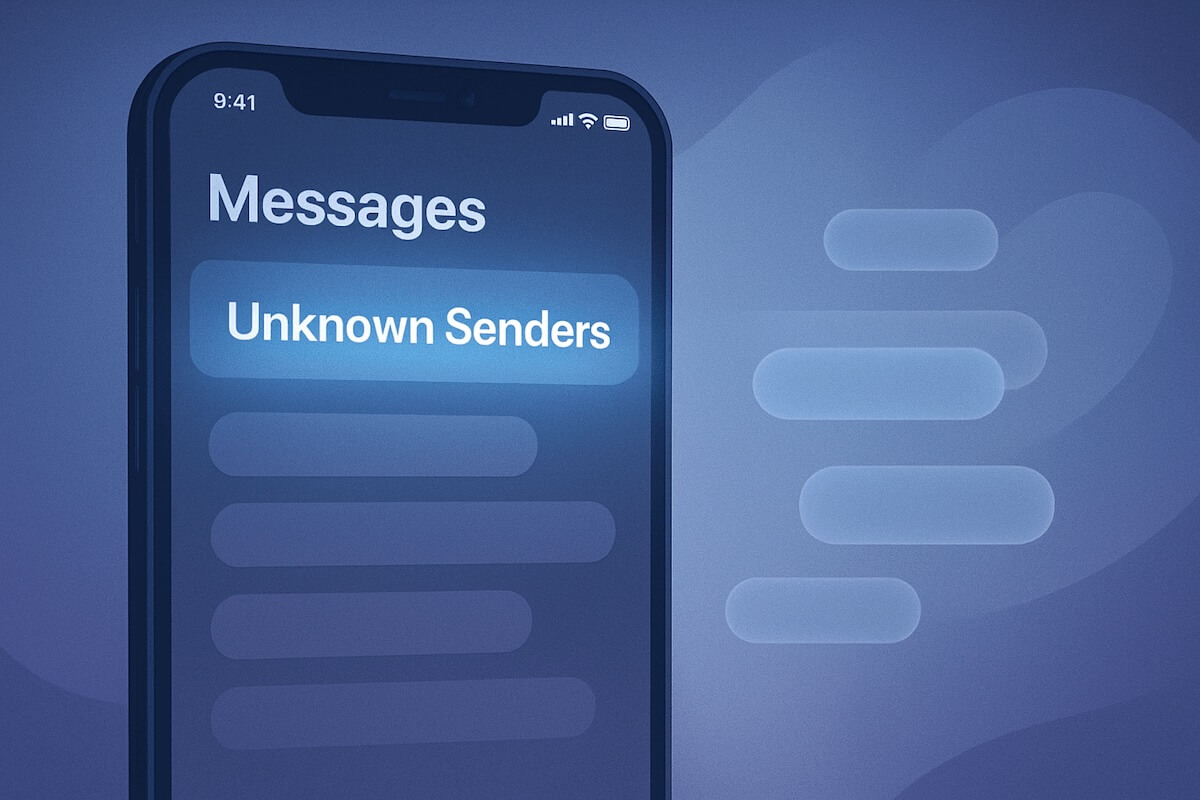Texas Just Changed the Rules on SMS Marketing

On September 1, 2025, Texas officially classified promotional texts as telemarketing.
If your brand sends marketing SMS to customers in Texas, you now need to follow a new set of rules, covering registration, quiet hours, Do-Not-Call compliance, and consent.
For eCommerce owners, this isn’t background noise. It directly impacts how you run your SMS program and how you keep your brand safe.
Why this matters
- Texas is a major market. With nearly 30 million residents, the state is too big to write off.
- Compliance is no longer optional. Violations now connect to the Texas Deceptive Trade Practices Act, which means they can carry real consequences.
Clarity is rare. This guide breaks the new requirements down in plain language so you know exactly what’s expected.
The new rules
Registration
Many businesses will need to register with the Texas Secretary of State to send marketing texts. Registration involves a $200 filing fee and a $10,000 bond. Some exemptions exist (for example, if you’ve been operating under the same name for two years and only text current or past customers), but it’s important to confirm before assuming you qualify.
Quiet hours
Promotional texts can only be sent during specific windows: 9 a.m. to 9 p.m. Monday through Saturday, and 12 p.m. to 9 p.m. on Sundays. These hours are based on the recipient’s local time.
Do-Not-Call
Texas has its own No-Call list, separate from the national one. Numbers remain protected for three years, and you cannot send marketing texts to them after they’ve been listed for 60 days. Brands should scrub against both the Texas and National lists.
Identifying Texas recipients isn’t always straightforward. Mobile area codes don’t reliably show where someone lives, people keep old numbers when they move. Even segmentation tools, or other platforms can help but aren’t 100 percent reliable. The safest approach is to combine multiple data points (such as billing or shipping address or self-reported state fields) and confirm with legal counsel rather than relying on a single indicator.
Consent
For promotional texts, the safest approach is prior express written consent. This means the customer clearly opted in, saw a disclosure, and you can prove when and how it happened.
Opt-outs
Every text must allow recipients to reply STOP to unsubscribe and HELP for information. Opt-outs must be processed right away.

What this means for your SMS program
The key takeaway is that SMS marketing in Texas now operates under telemarketing law. That means you should review your program carefully.
Ask yourself:
- Have we registered (or confirmed an exemption)?
- Are our sending hours aligned with Texas law?
- Do we scrub numbers against the Texas and National Do-Not-Call lists?
- Can we prove every opt-in?
- Do our STOP and HELP flows work instantly?
If the answer to any of these is unclear, it’s time to update your processes.
Need a hand getting your SMS program Texas-ready? Reach out to the Future Holidays team and we’ll walk you through compliance best practices and implementation.
The risks of getting it wrong
While the focus is on building a compliant program, it’s worth noting what happens if you don’t. Violations can expose your brand to:
- Consumer lawsuits (individuals can bring claims directly).
- State enforcement from the Attorney General.
- Financial penalties that can add up quickly – in some cases, $500-$1,500 per text under related federal law, with additional remedies under Texas law.
For most brands, the cost of compliance is far lower than the potential downside of ignoring these rules.
Looking ahead
Texas is the first state to clearly pull marketing texts under telemarketing law, but it’s unlikely to be the last. By updating your program now, you’ll be positioned to adapt faster as other states move in the same direction.
The bottom line
This isn’t about making SMS harder. It’s about keeping one of your most effective channels alive and sustainable. The new rules mean you can keep reaching Texans, just with clearer guardrails.

 Ryan Kodzik
Ryan Kodzik 
